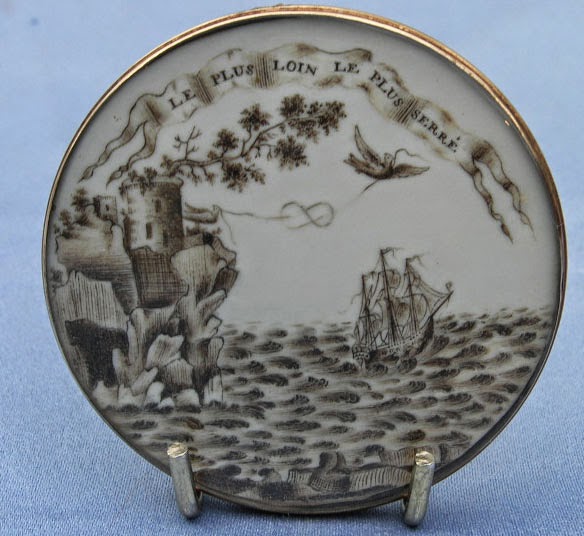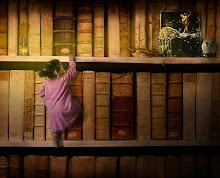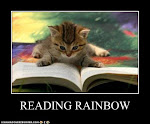A lot of the people I know on facebook have small kids, some very small. They - the people I know, not the small kids - often post links to usually well-written but still tiresome essays and articles and blog posts about Being A Mom, or, less often, Being A Dad. I don't usually read all - or even any - of these pieces once I see the title and the source - websites with "babies" or "mommy" or "child" in the name.
Tonight I clicked through a link posted by a fellow grad student (now graduated), to a short piece written by another alumna of our department, an MFA who I do not know other than by her name, Aubrey Hirsch.
That piece is called "Why I Don't Think My Son Is Growing Up Too Fast," and it is terrific.
I don't need to comment much on it; it's brief and efficient. It's a little more mushy than what I normally prefer in my everyday life, but on the whole it's very reasonable. But it is a brilliant rebuttal, response, refutation of the parental lament about their babies growing up too fast.
Ever since I started seriously studying Peter Pan, in 1999, I have felt uneasy about perpetual children. Mrs Darling says it on the first page "Oh why can't you stay like this forever?" to toddler Wendy. But perpetual children are failures. If you never grow up, you never grow out, if that makes any sense. The sign of a parenting job well done is that your kid grows up and away and has its own life. It's why the narrator of The Little White Bird is so sorrowful over the "stealing" of David by Pilkington - once the child becomes enmeshed in its own life, away from guiding adults, it doesn't need or want those adults as much, even though the adults still need and want the child.
As Peter Pan also taught me, the only permanent child is the dead child - hardly the outcome hoped for by any parent.
What I admire about Hirsch's brief essay, aside from the blunt statement that she is content with her child growing up, is her statement that even if having a tiny kid is the ultimate, "then I’m not so selfish that I would keep him from having his own perfect moment with his own perfect child."
It is uncommon for me to read, or see, genuine unselfishness from parents like this. I think most parents feel something like it, and want to feel it, but it doesn't always register with the kind of sincerity Hirsch conveys. Having a kid - being responsible, creating, an entire human person - is about that person, not about you, and lots of people don't seem totally clear on that. The enormity of the task is one reason I don't want kids of my own; I am selfish enough to realize I don't want to organize my entire life, forever, around another person. I enjoy putting myself first, when I can.
After reading and delighting in this essay, I poked around a little for more info about Aubrey Hirsch and found a tantalizing reference to what she discovered lurking within the Pinocchio story. Which led me to this very short story, which has knocked my socks right off.
Pinocchio as trans.
Of course. Of course Pinocchio is trans. Of course Pinocchio is queer. Not just wooden puppet-to-human boy, but gender to gender.
Transformation stories are often queer-ish (The Velveteen Rabbit, the wonderfully queer Alexander and the Wind-up Mouse) but for some reason Pinocchio and trans never occurred to me in the same sentence. Hirsch's short story is a beautiful little commentary, re-telling (or just telling, maybe?), re-framing of the story we all know well. It's a reminder than the stories of transpersons are stories we know well. We all know what it is to feel like something other than what you seem to be, whether you're a nerd who wants to be a hero or a wooden puppet who wants to be human or a boy who knows she's a girl.
Hirsch's story makes Pinocchio and trans-ness both infinitely complex and elegantly simple. It's an "ah-ha!" and a thoughtful "ohhhhh." Exclamation and query. It is lovely. And brilliant.
I admit: the wonderfulness of her Pinocchio story makes me a bit afraid to seek out her collection of short stories (Why We Never Talk About Sugar), of which the publisher tells us: "Hirsch's compassion arrives on a knife blade. And you just may find your own heart cut open."
Regardless of whether I ever read another word of her writing (I probably will), her 'Pinocchio' is enough to transform, forever, my thinking about that story. Go read it.
Friday, January 03, 2014
Subscribe to:
Posts (Atom)



